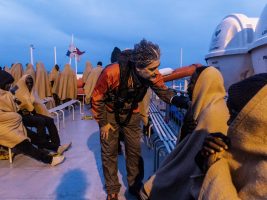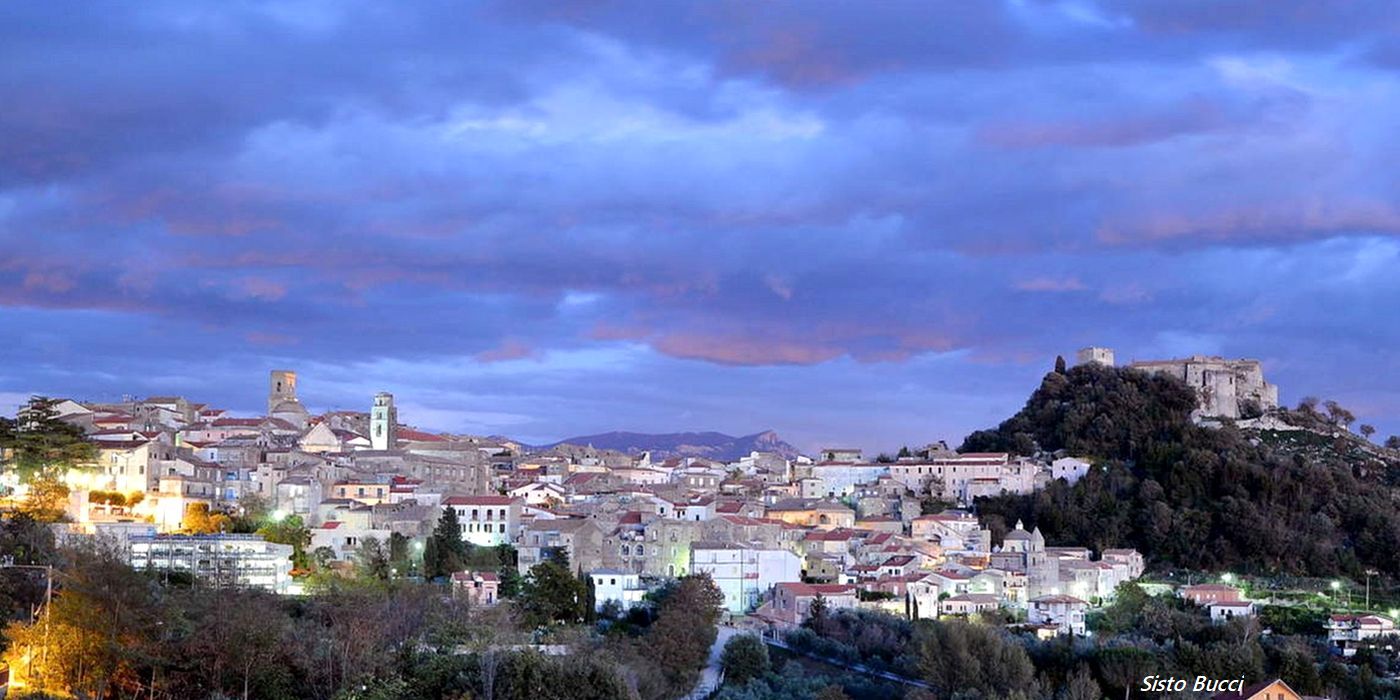Save the Children: “The number of unaccompanied minors arriving in Italy has increased twofold”

Following World Refugees Day, Save the Children organised a conference to keep the spotlight on migration, especially on the issue of unaccompanied minors arriving in Italy by sea. In the first six months of this year alone, more than 6,000 unaccompanied minors arrived in Italy: more than double the number of the previous year. At a broader view, according to the association that has been actively involved in child protection for more than a century, there were more than 20,600 unaccompanied children in Italy in April, 4,000 of whom were less than 14 years-old. Child migrants represent an increasing percentage of all migrants. While the mean age of unaccompanied minors arriving in Italy used to be mostly 16-17 years, in the last few years it dropped to 12-13 years of age. Simultaneously, while in the past girls represented about 5% of the total number of minors, they now account for 15% of all unaccompanied minors. These figures call for changes in the way these minors – some of whom are very small children – are welcomed and accompanied.
“Children are a constant presence in migration, routes and countries of departure and arrival may change, but minors are always present in migration flows. However, they arrive with a request and a right, namely the right to protection”, said Daniela Fatarella, Save the Children’s Director General. “One hundred thousand arrived in the years 2013-2022. The migrant reception system today counts over twenty thousand migrant children,” she pointed out. “Italy has one of the most advanced laws on the protection of minors – Law 47 (2017), the so-called ‘Zampa Law’ – which is based on a very important legal framework that gives priority to the status of ‘minor’ over that of ‘migrant’. This law allows children arriving into Italy to be entitled to be taken in and not to be rejected. They enjoy all the rights of an Italian child in terms of healthcare and education. It’s a law we should be proud of, but it has been only partly implemented in the past six years since its adoption, first and foremost for reasons linked to the organisation of First Reception Centres, which is why this issue is still experienced as an emergency. As regards the SAI (Sistema Accoglienza Integrazione – Reception and Integration System) network, there are only 4,000 available places, “we need to increase this figure to at least 10,000 as soon as possible,” says the Director of Save the Children. Migration is back on Europe’s agenda, reception efficiency is discussed, but it’s not enough: “the humanity” of these laws should be duly addressed. This is also why the request to the government is to highlight a different approach at the talks, especially regarding the rights of unaccompanied minors to be reunited with their parents, siblings or other family members if present in another European country, and to accelerate this mechanism. “If this becomes a feasible and more effective option, it will help prevent secondary migration, i.e. when minors continue their migratory journey on their own, with the risk of falling prey to people traffickers and criminals,” concluded Daniela Fatarella.
Several speakers outlined the operational needs, with fundamental reflections from the mayors, represented by Matteo Biffoni, Mayor of Prato and ANCI Delegate for Immigration and Integration Policies, the main drivers of reception in the area that lament the scarcity of resources. It is equally important to change the narrative of migration, incorporating the perspective of migrants, whose journeys are frequently fraught with difficulties. It is the case of Syed Hasnain, from Afghanistan, currently President of UNIRE (the Italian National Union for Refugees and Exiles), whose efforts are aimed at ensuring that the perspective of people fleeing from war-torn countries is taken into account, even in law-making process. The Church, present with the Migrantes Foundation, has been working for years together with associations actively engaged in the area of assistance for migrants. Monsignor Pierpaolo Felicolo, Director of the foundation, said: “It’s very important for us to train tutors, as provided for by the Zampa Law, or for longer-term situations to support foster families.”
(Fonte: AgenSIR – News archiviata in #TeleradioNews ♥ il tuo sito web © Diritti riservati all’autore)


